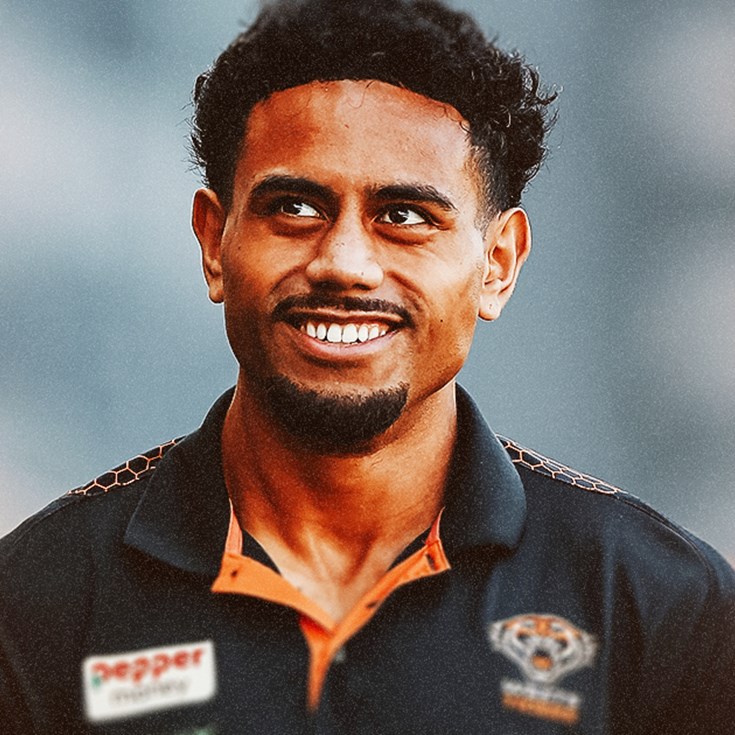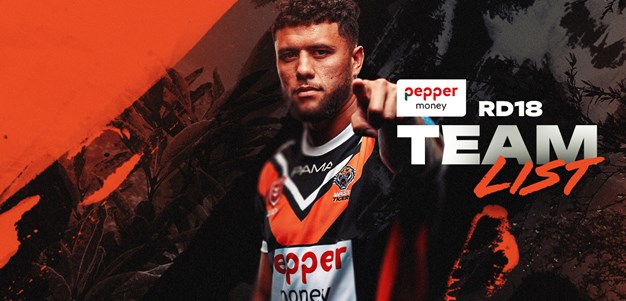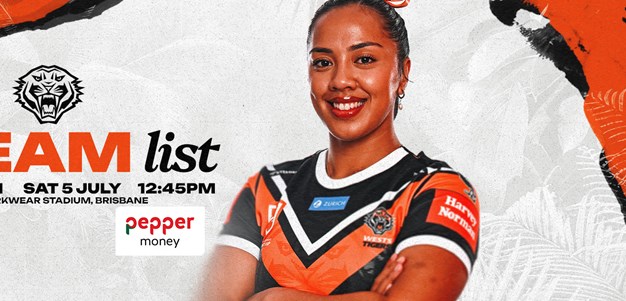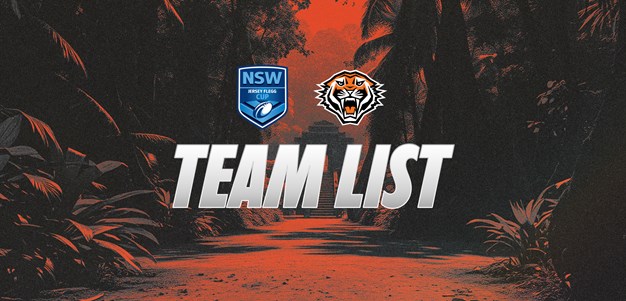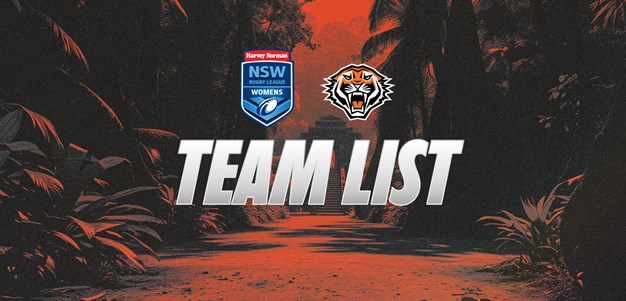NRL State of Mind ambassador Dene Halatau says part of what drew him to volunteer for the role was to bring more attention to what is a serious issue in the game.
One in two Australians will be affected by mental illness at some point in their lives and Halatau said it's important to stress that speaking up about mental health issues is not a sign of weakness.
"It's a high pressure environment to play in the NRL these days and I think it's important that as many of us get behind it as we can to bring light to it and provide some way for them to reach out if they need to and for us to identify any players that might be at risk," he said.
"They're young guys, they've got a lot in front of them, we need to make sure the guys that are playing our game are in a good place."
Mental illness is a diagnosable condition like any other illness or injury, and the rugby league community needs to help bring the matter to light to support those affected, he said.
"If someone gets an injury they can see it and know it affects performance and it's no different with your mental health so it's definitely about breaking down that stigma. It isn't a weakness to have some mental health difficulties."
Like the 13 other NRL State of Mind Ambassadors, Halatau has completed a mental health first aid course, which he said was partly aimed at helping to identify at-risk people and implementing ways to help them, then using strategies to try and assist people who might be at risk in any way.
"They're running programs with the Black Dog Institute as well to further educate the ambassadors so we can be more aware of those signs and symptoms that people might be struggling with.
"Whenever there's a crossover with the NRL and Black Dog Institute and Beyond Blue where players that are ambassadors we'll be involved and get to those events and show our faces and give support to it."
Halatau said up-and-coming league players can sometimes start to think they're invincible and get swept up in the footy life where there is little else outside of training and playing, but stressed the importance of finding a balance regardless of what stage of your career you're at.
"You get caught up in footy life which is train, and play on weekends, and you make everything about the game and to an extent you still do it when you're older because you want to prepare as best you can and your life kind of revolves around it even when you've got a family.
"As you get older there are a lot of things that can happen or influence the person you are or influence your life and it's important to have balance in your life.
"You don't want to put all your eggs in the footy basket because the reality is it's not going to work out for everyone."
Halatau also hoped that if the sport could take a stand on mental health issues there may be flow on benefits to the wider community in breaking down any stigma around mental illness.
"Footy players are perceived as these big tough guys that get out on the field every week and it's a very physical sort of game and people see us as being tough guys, so if we shed a bit of light on mental health issues and show that it's not a weakness and anyone can be affected by it then it might give other people that are dealing with the same thing the motivation to seek help or do something about it," he said.
"I can see how passionate the people running this program are and it's good of the NRL to implement a program that brings this to light to as many people as they can with information and strategies to help deal with it."
